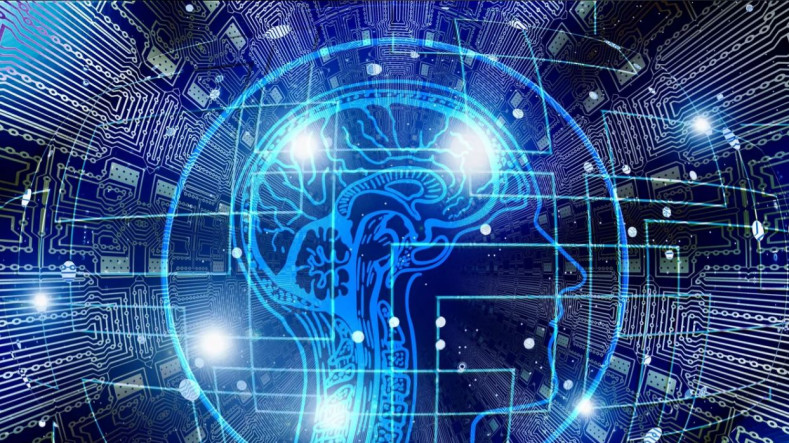
AI could impact 40% of jobs globally, IMF chief says
Almost 40% of jobs around the world could be affected by the rise of artificial intelligence (AI), a trend which is likely to deepen inequality, according to the International Monetary Fund (IMF).
In a Sunday blog post, IMF chief Kristalina Georgieva called for governments to establish social safety nets and offer retraining programs to counter the impact of AI, CNN reported.
“In most scenarios, AI will likely worsen overall inequality, a troubling trend that policymakers must proactively address to prevent the technology from further stoking social tensions,” she wrote ahead of the World Economic Forum (WEF) in Davos, Switzerland, where the topic is set to be high on the agenda.
As AI continues to be adapted by more workers and businesses, it’s expected to both help and hurt the human workforce, Georgieva noted.
Echoing previous warnings from other experts, Georgieva said the effects were expected to be felt more deeply in advanced economies than emerging markets, partly because white-collar workers are seen to be more at risk than manual laborers.
In more developed economies, for example, as much as 60% of jobs could be impacted by AI. Approximately half of those may benefit from how AI promotes higher productivity, she said.
“For the other half, AI applications may execute key tasks currently performed by humans, which could lower labor demand, leading to lower wages and reduced hiring,” wrote Georgieva, citing the IMF’s analysis.
“In the most extreme cases, some of these jobs may disappear.”
In emerging markets and lower income nations, 40% and 26% of jobs are expected to be affected by AI, respectively. Emerging markets refer to places such as India and Brazil with sustained economic growth, while low-income countries refer to developing economies with per capita income falling within a certain level such as Burundi and Sierra Leone.
“Many of these countries don’t have the infrastructure or skilled workforces to harness the benefits of AI, raising the risk that over time the technology could worsen inequality,” noted Georgieva.
She warned that the use of AI could increase chances of social unrest, particularly if younger, less experienced workers seized on the technology as a way to help boost their output while more senior workers struggle to keep up.